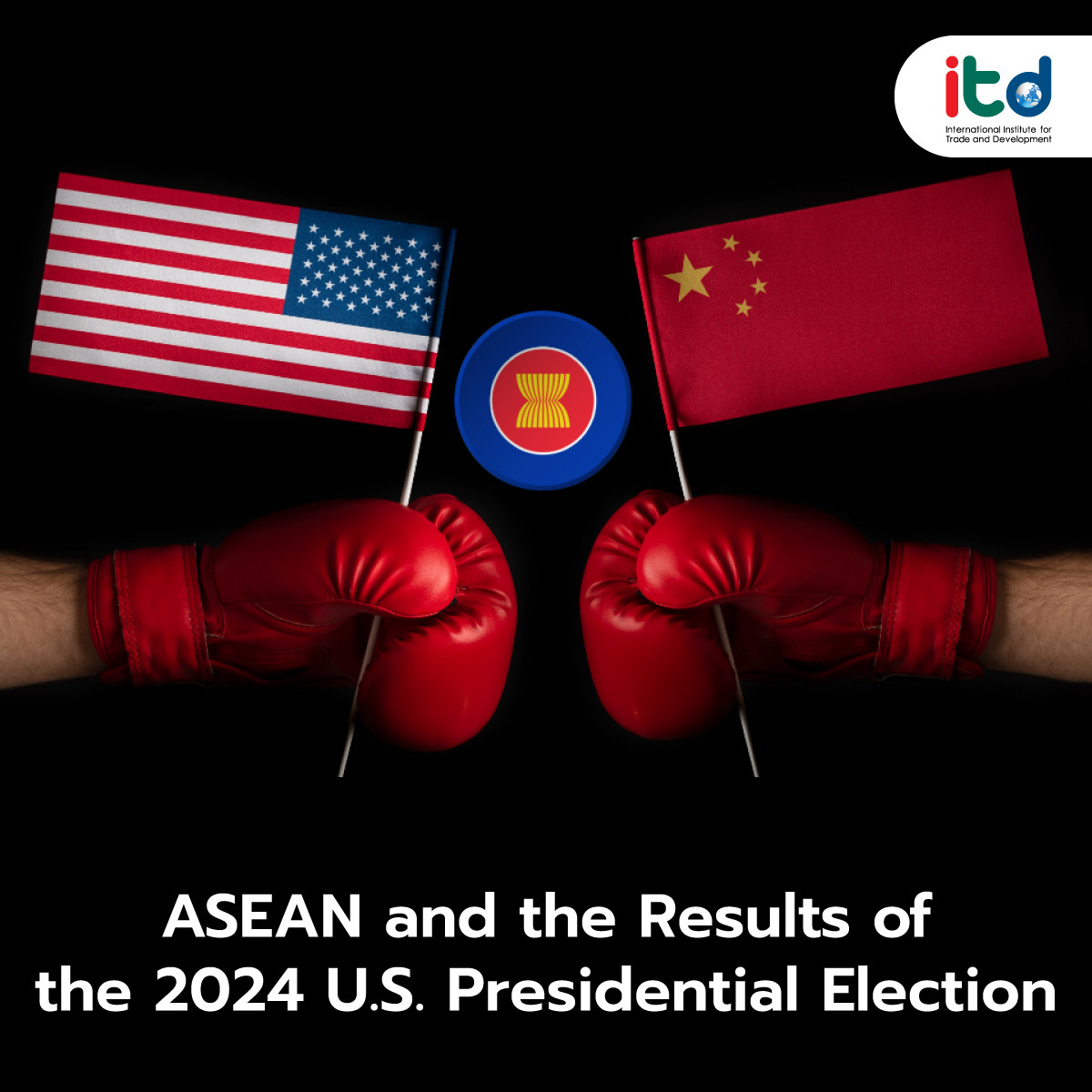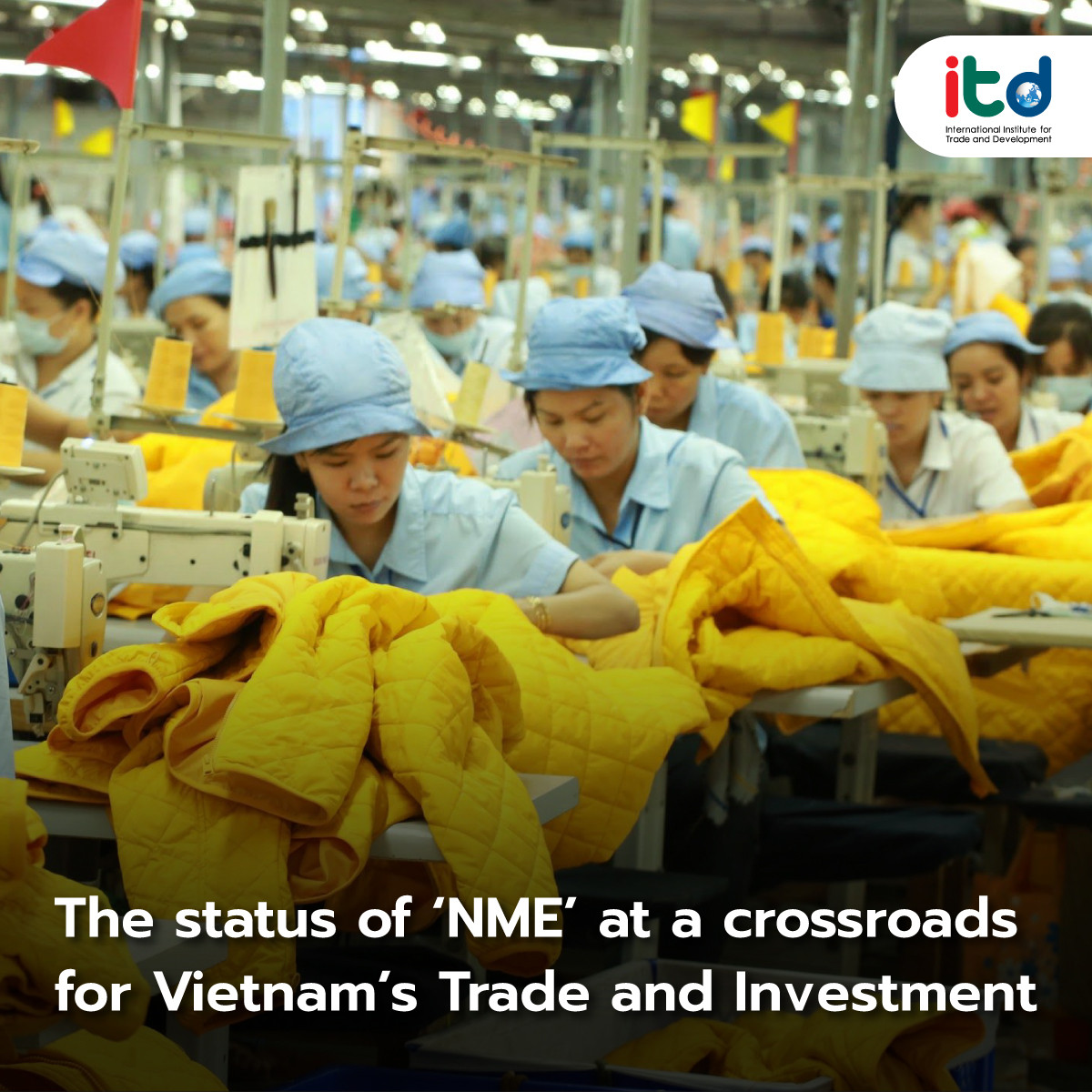About Documents
After the unanimous decision by the Organisation for Economic Co-operation and Development (OECD) Council on June 17, 2024, to initiate the Accession Discussion process for Thailand, following Thailand’s submission of candidate for membership in April 2024, this marks a significant step for Thailand in integrating its economy with the world’s leading economies.
The OECD plays a crucial role in supporting and providing policy recommendations to its member countries, enabling them to adapt and grow sustainably. The organization closely collaborates with major economic groups such as the G7 and G20. Currently, the OECD has 38member countries, all of which are large economies and industrialized nations, including the United States, the United Kingdom, Germany, France, Italy, Canada, Australia, Switzerland, Sweden, Japan, and South Korea. Additionally, it has five key partner countries: Brazil, China, India, Indonesia, and South Africa.
Why is OECD Membership Important?
The OECD is like as a group of top students guided by a mentor or tutor who helps direct their learning, designs curricula, sets classroom rules, organizes schedules, and provides individualized guidance. The primary role of the OECD is to serve as an advisor and standard-setter for its members in areas such as economics, trade, investment, and appropriate government regulations. Member countries must adhere to and implement the OECD’s rules, regulations, and codes of conduct.
The standards set by the OECD include legally binding commitments and international agreements, such as the OECD Anti-Bribery Convention 1997, as well as non-binding declarations and policy recommendations, covering a wide range of issues including consumer protection, environmental protection, pollution control, and responsible business conduct. Currently, the OECD has over 500 rules and declarations for member countries to follow.
If a member country aligns its economic structure, domestic regulations, and policy direction with OECD standards, it will enhance its competitiveness in international trade and economic arenas, gain access to trade and investment facilitation, and improve cross-border exchanges. This ultimately leads to a better quality of life for the people in OECD member countries.
What Challenges Must Be Overcome Before Becoming a Member?
Joining the OECD is not an immediate process; a country must apply for membership. Once the OECD Council decides to start the accession discussion process, an in-depth technical evaluation will take place. The OECD Secretary-General will then provide a roadmap of recommendations for the applicant country to adjust its laws and regulations to meet OECD standards. The applicant country must work closely with the OECD Commission within a specified timeframe to allow the OECD Council to officially consider its membership. Currently, there are eight countries in the selection process: Argentina, Brazil, Bulgaria, Croatia, Peru, Romania, Indonesia, and Thailand.
Opportunities for Thailand and ASEAN
The OECD stands out from other cooperative groups because it functions as an “International Institute” with clear cooperation structures and standards that require member countries to align their internal regulations with the institute’s norms and standards. This differs from ASEAN, which is loosely organized without legally binding international obligations, or BRICS, which is a network of partners and emerging market countries.
If Thailand, as a sovereign state, needs to “renovate its house” to gain acceptance in the “global village,” according to the neoliberalism perspective, sovereign states are willing to abandon certain internal powers to comply with the standards of international institutions in exchange for the long-term benefits expected from cooperation. Thus, Thailand’s bid to join the OECD represents a significant challenge, requiring the country to reform its economic structure and regulations to meet international standards. This is a critical step for Thailand and ASEAN in elevating economic standards to a global level and achieving sustainable competitiveness.
Author:
Mr. Khobtham Neelapaichit
Senior Researcher
International Institute for Trade and Development (Public Organization)
www.itd.or.th
Publication: Bangkok BIZ Newspaper
Section: First Section/World Beat
Volume: 37 Issue: 12721
Date: Wednesday, Sep. 4, 2024
Page: 8 (bottom-left)
Column: “Asean Insight”






